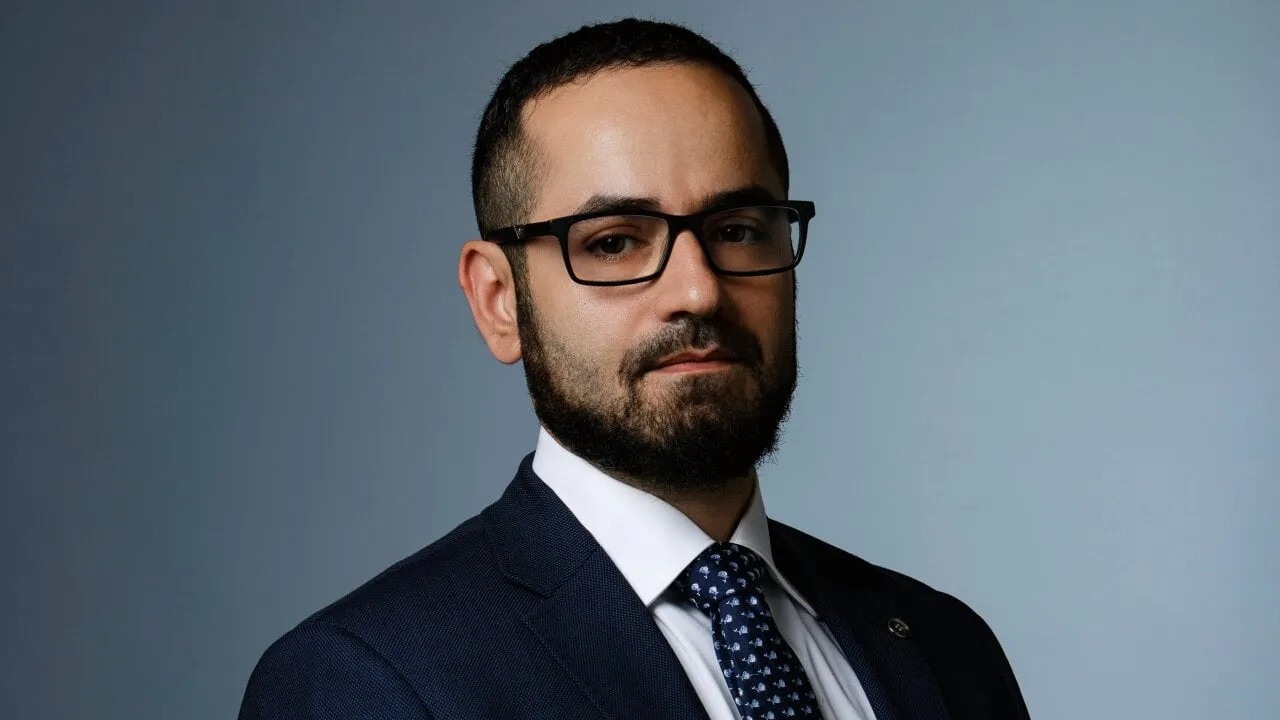This Thursday, the Abuja Federal High Court plans to commence the arraignment of Binance executives Tigran Gambaryan and Nadeem Anjarwalla.
Justice Emeka Nwite will preside over the charges against Gambaryan and Anjarwalla, which comprise two separate allegations. One, filed by the Economic and Financial Crimes Commission (EFCC), pertains to money laundering and include five counts.
Apart from that, the Federal Inland Revenue Service (FIRS) has leveled an additional accusation, involving four counts of sundry tax offenses against them. Anjarwalla, who escaped custody on March 22, will be arraigned before Justice Nwite in absentia.
The EFCC’s charge, filed on March 28, asserts that Binance executives engaged in laundering an estimated $35.4 million.
According to count one of the charges, the defendants are accused of undertaking the specialized operations of other financial institutions without a valid license between January 2023 and January 2024 in Abuja.
The EFCC said the act constitutes an offence contrary to Section 57(1) and (2) of the Banks and Other Financial Institutions Act (BOFIA) 2020 and was punishable under Section 57(5) of the same Act.
Read also: FG, INTERPOL Brainstorm Over Binance Chief’s Extradition
In the charge by the FIRS, marked: FHC/ABJ/CR/115/2024 filed on March 22, the defendants were alleged to have committed the offence on or about February 1 this year.
As outlined in count one, the defendants are charged with omitting to register with the FIRS to settle all applicable taxes while providing services to subscribers through their platform, Binance.
The FIRS stated that this action constitutes a violation punishable under Sections 8 and 29 of the Value Added Tax (VAT) Act of 1993 (as Amended), Section 40 of the FIRS Establishment Act, 2007 (as amended), and provisions of Section 94 of the Companies Income Tax Act (as amended).
In a ruling dated March 18, Justice Nwite directed Binance to supply the EFCC with a thorough dataset or details pertaining to all traders operating on its platform from Nigeria.
The judge sanctioned the interim order during a ruling on an ex-parte motion presented by EFCC’s legal counsel, Ekele Iheanacho.
The judge clarified that the interim order was issued to facilitate the EFCC’s investigation into its claim regarding the allowance of money laundering and terrorism financing activities on Binance’s platform.

